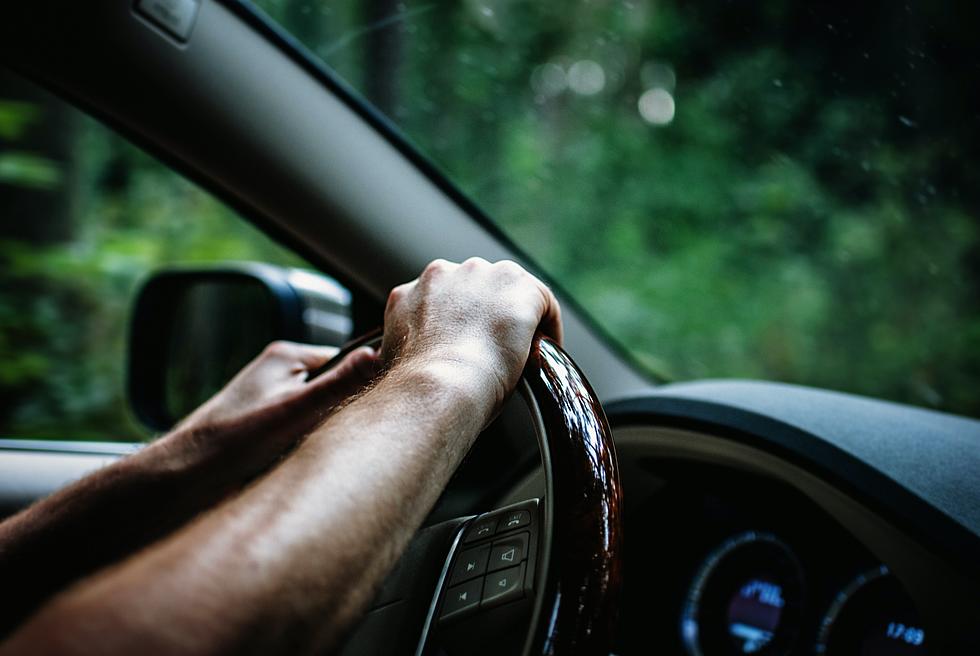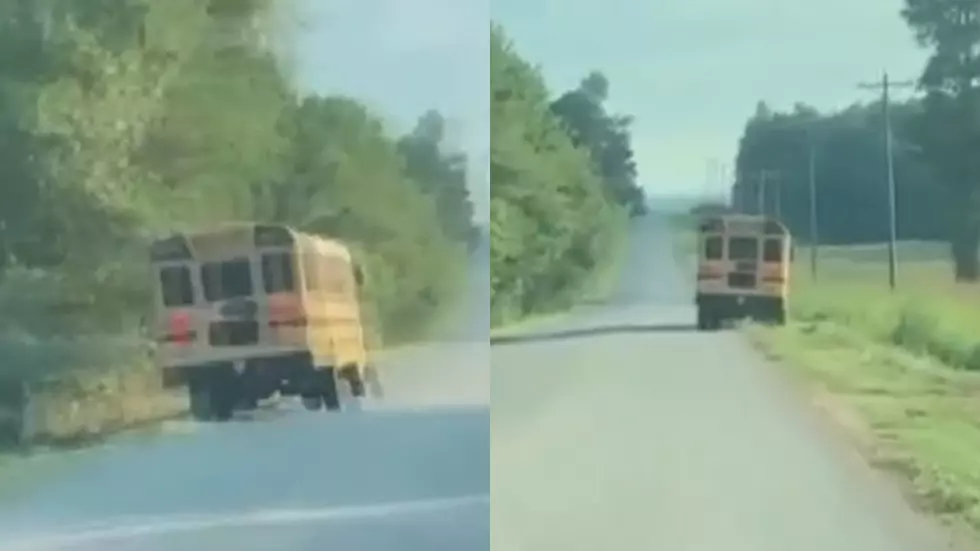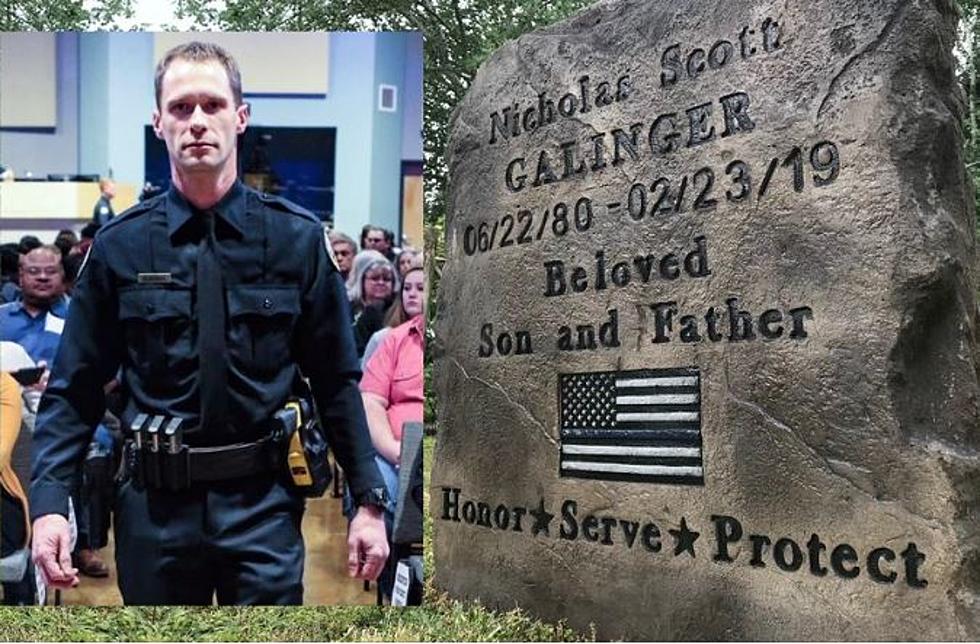
Biden Infrastructure Bill Would Require Drunk-Driving Tech in Cars—Here’s What That Means for Louisiana
Imagine if a standard feature on your car could detect if you have had too much to drink.
President Biden is set to sign a trillion-dollar infrastructure package that has a key provision that would require automakers to equip their vehicles with tech that would be geared toward preventing drunken driving. The same way that vehicles have blind spot warnings or alerts that suggest taking a break to rest.
According to the infrastructure package, manufacturers will have to have the technology in their cars but the type of tech has not been decided upon, as Congress allegedly stopped short of endorsing the type of court-ordered breathalyzer devices that lock ignitions if alcohol is detected in a breath test.
Multiple organizations including Mothers Against Drunk Drivers (MADD) say this mandate would save thousands of lives since more than 9,000 die each year as a result of drunken-driving accidents.
We need technology to stop the nightmare on our roads. Existing technologies and those in development will stop the hazardous driving behavior of people who refuse to make the right choice themselves.
According to the proposed mandate, the equipment must “passively monitor the performance of a driver of a motor vehicle to accurately identify whether that driver may be impaired” and “prevent or limit motor vehicle operation if an impairment is detected.”
While the meaning of "passive" isn't clearly defined, Congress has given the National Highway Traffic Safety Administration (NHTSA) 3 years to figure out a final ruling on what those safety devices would look like. This also gives automakers an adequate amount of time to make sure their new vehicles are in compliance by 2026.
Here in Louisiana, we have a well-documented history when it comes to drunken-driving accidents—specifically those that involve fatalities. According to data compiled by BackgroundChecks.org, the entire south was deemed the deadliest region for drunk driving with Louisiana being among 7 southern states in the top 12 when it came to the highest DUI death rates.
So what does this newly proposed mandate mean for us?
I've heard people say that statistics like the one I just showed you is "just part of our culture." I don't think anyone who has lost a loved one to drunken driving would agree with that, but is this really a cultural issue? While Louisiana is among the worst when it comes to fatalities due to impaired driving, there are many other states who also have serious problems when it comes to drinking and driving, so I'm not ready to buy into our way of life including mandatory drinking and driving.
If there is any hope for this mandate, it will only add to the messaging and awareness efforts from groups like MADD that have helped drunk driving fatalities decrease by 50% since the 1980s. I would also be remiss if I didn't mention ride-sharing services like Uber and Lyft that have also had a significant impact on the decreased number of impaired drivers on the road.
Whatever the technology ends up looking like, two things are for sure; it can't be something that is too mild to matter, but it also can't be intrusive to a point where it will only result in a consumer backlash.
This point was made by Scott Shmidt, the Alliance for Automotive Innovation's vice president for safety policy, as he recalled a rule from the 1970s that said cars wouldn't start unless drivers had their seatbelts fastened.
Given the nature of alcohol impairment, driver warnings and mild interventions will likely be ineffective. As a result, intrusive interventions would be required. If such interventions are needed, system accuracy must be very high in order to meet consumer acceptance expectations and avoid consumer backlash.
This is also why Shmidt said that instead of alternative driving monitoring systems relying on cameras that could produce false positives, it was "critical that drunken-driving deterrent systems use precise data about a driver’s blood-alcohol concentration."
This is a very valid argument because even in the name of good intentions toward overall public safety, there are far more people who don't drink and drive compared to those who do it to a point of becoming a threat to public safety.
The last thing lawmakers would want to do is punish those people with technology that doesn't even move the needle when it comes to the intended safety goals.
For what it's worth, we shouldn't have to wait until 2026 to improve on those drunken-driving statistics—so remember that buzzed driving is drunk driving, Uber and Lyft are only a click away, and nothing is worth ruining your life over a DUI or a fatal accident as a result of impaired driving.
Drop your thoughts on the mandate in the comments, as I'm genuinely curious to hear your thoughts.
LOOK: What major laws were passed the year you were born?
More From Classic Rock 105.1

![Shocking Video of Car Crashing Into Lafayette Driving School on Guilbeau Rd [Watch]](http://townsquare.media/site/33/files/2022/09/attachment-Southwest-Safety-Driving-School-Crash-Duke-H.jpg?w=980&q=75)







